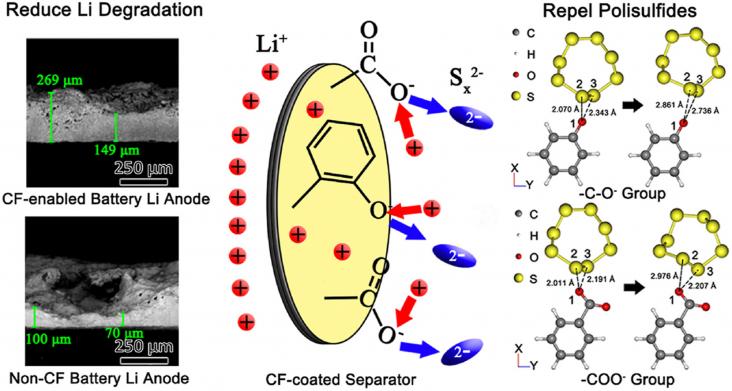Vehicle driving patterns greatly impact the sustainability of the transportation system.

The fast-expanding electric vehicle market demands eco-friendly, high-performance, and low-cost energy storage systems.
Fatty alcohols (FAs) have been widely studied as typical phase-change materials for their high latent heat, low undercooling, non-toxicity, and low cost in thermal energy storage applications.
With the growing global environmental awareness, the development of renewable and green materials has gained increased worldwide interest.
This article supports SDGs 7 and 9 by addressing the challenges in traditional material research methods. This will play a crucial role in the screening and structure-activity relationship modeling of advanced energy materials, accelerate the development of energy materials, support carbon neutrality goals, and provide new scientific discovery methods.
This article supports SDGs 7, 9 and 11 by utilizing solar photovoltaic, wind energy, solar thermal energy, and battery energy storage, and the special emphasis is placed on the schedulable value of concentrated solar power generation to provide more economical and environmentally friendly energy supply, while integrating multiple renewable energy technologies through artificial intelligence technology to shape the future of cities.
A Research Paper on obesity, in the context of SDGs 3, 9, and 11, focusing specifically on the role of multi-level and multi-component interventions addressing healthy nutrition, physical activity, and education to mitigate the rising epidemic.
Porous liquids form a new class of materials, which are liquid at room temperature and possess permanent porosity. The latter is a characteristic generally associated with solid-state only.
This Article supports SDG 5 in providing insights into the feminist geographies in the digital space of online gaming.
Buildings consume vast amounts of energy and pollute the environment in various ways.
